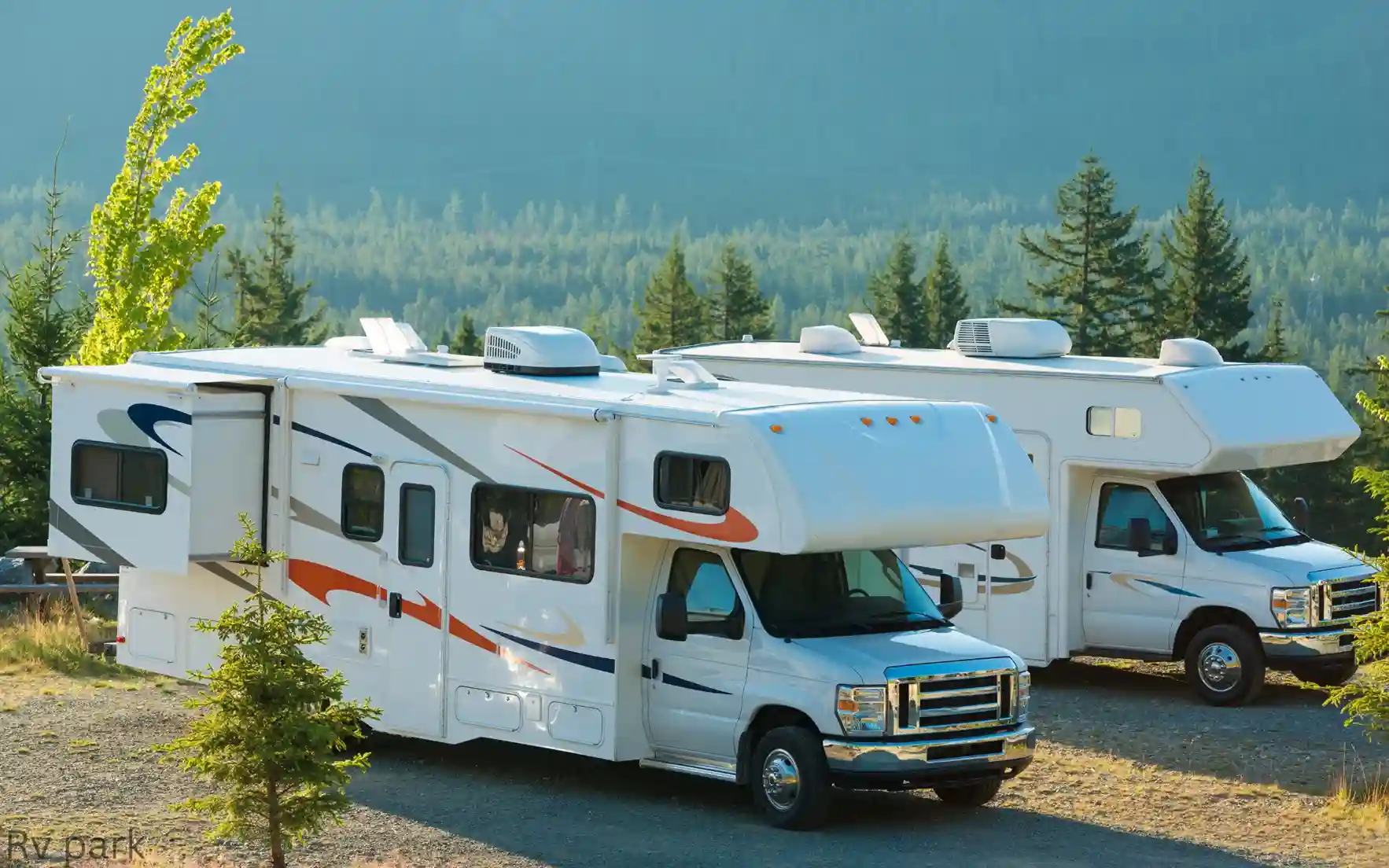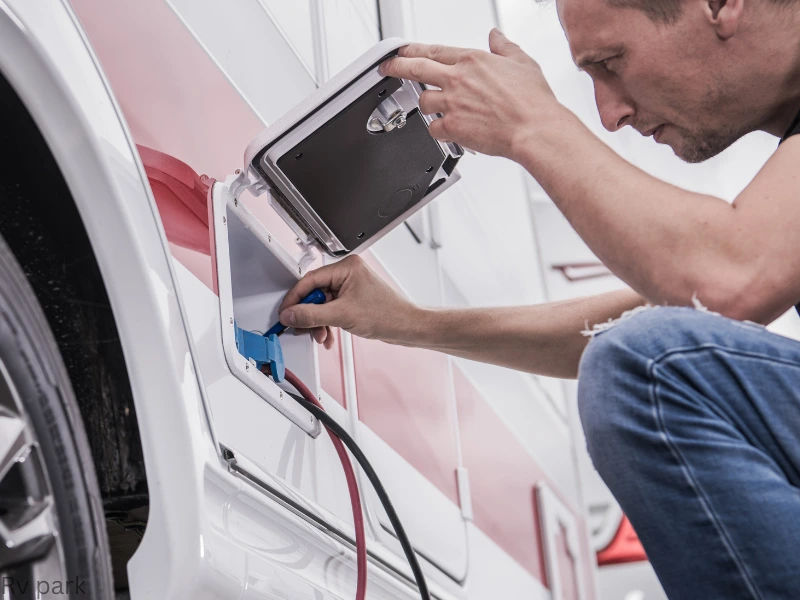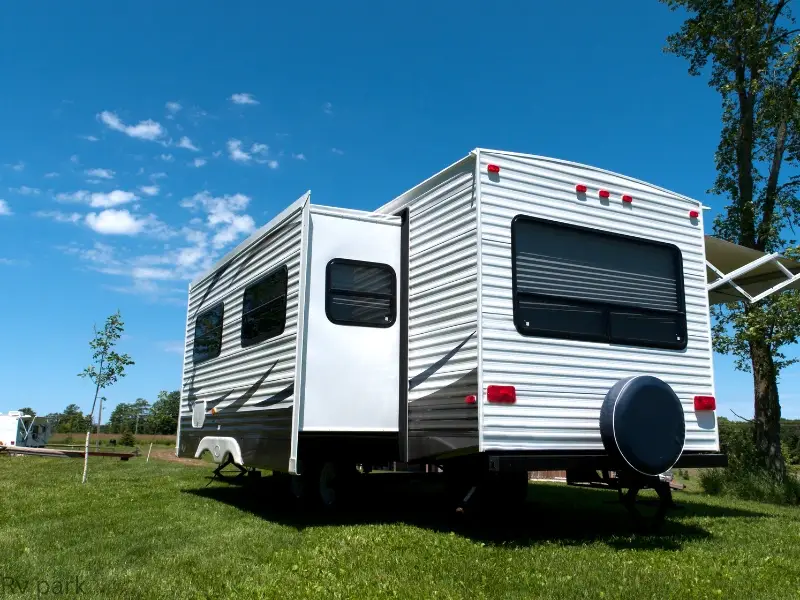
RV batteries typically last 3-5 years, depending on usage and maintenance. Keep your RV powered up and ready for adventure with regular care.
RV batteries are essential for powering your vehicle’s electrical systems, especially when camping off-grid. Understanding how long RV batteries last is crucial to avoid unexpected power issues and to get the most out of your RV adventures. Most RV batteries last between 3 to 7 years, but this can vary depending on the type of battery, how frequently it’s used, and how well it’s maintained.
Lead-acid batteries are widely used in RVs and typically provide reliable service for around 3 to 5 years. In contrast, lithium batteries, which are more efficient and long-lasting, can last up to 15 years with proper care. Factors like charging frequency, load demands, and exposure to extreme temperatures can all impact your battery’s lifespan.
Regular RV battery maintenance can significantly improve longevity. Keeping terminals clean, following proper charging routines, and using a battery disconnect switch during storage can all help extend your battery’s life. If your battery isn’t holding a charge or shows signs of corrosion, it may be time to replace your RV battery. Taking the time to understand battery types and care tips ensures more reliable power and longer trips on the road.

The type of battery you choose will largely determine how long it lasts. Lead-acid batteries are cost-effective upfront and commonly used in RVs, typically lasting 3–5 years. However, they require regular maintenance and may discharge quickly under heavy loads.
Deep-cycle batteries are designed for sustained, high-demand power use. With proper care, they can last up to 6 years, making them ideal for RVs that rely heavily on electrical systems during extended off-grid stays.
Lithium batteries are the newest and most efficient option. They can last up to 15 years with proper maintenance, charge faster, and require less upkeep compared to lead-acid or deep-cycle batteries. For RV owners looking for longevity and reliability, lithium batteries are often the best choice.
Using solar panels can further extend any RV battery’s life. A constant, supplemental charge reduces the number of full discharge cycles, enhancing battery lifespan and keeping your RV powered for longer periods.

Recognizing early signs of a failing battery can prevent frustrating power outages during trips. Watch for the following:
Using a battery disconnect switch when the RV is not in use can prevent parasitic power drain and prolong the battery’s lifespan.
Always recharge your RV battery before it drops below 40–50% capacity. Letting the battery fully discharge frequently can cause significant wear and shorten its overall lifespan. Maintaining a moderate charge ensures that your battery remains healthy and delivers consistent power for all your appliances and systems.
Deep cycling, or allowing your battery to discharge completely, puts unnecessary strain on its internal components. Try to recharge your battery once it drops to about 40–50% to maintain its capacity and prolong its life. This is especially important for lead-acid and deep-cycle batteries.
Both overcharging and undercharging can harm your battery. Use a reliable RV battery charger with an automatic shut-off feature to maintain a proper charge.
Charging your battery too much or too little can harm its performance and shorten its lifespan. Use a high-quality RV battery charger with an automatic shut-off feature or smart charging mode. This ensures your battery is charged safely, maintains optimal voltage, and avoids excessive wear.
When storing your RV for long periods, disconnect the battery or use a battery maintainer to prevent slow drainage. Periodically check the charge level to ensure it doesn’t fall too low, which could damage the battery. Proper storage care helps your battery stay ready for your next adventure.
High temperatures can accelerate chemical reactions in the battery, causing it to degrade faster. Always store your battery in a cool, dry location, and avoid prolonged exposure to direct sunlight. Keeping the battery at a stable, moderate temperature improves performance and prolongs its life.
Extreme temperatures can drastically affect RV battery life. Both heat and cold shorten lifespan and reduce performance:
Freezing temperatures increase internal resistance in lead-acid and deep-cycle batteries, making them harder to discharge and recharge. Insulating the battery or using heated blankets can help protect it during winter.
Excessive heat accelerates chemical reactions, causing electrolyte evaporation and battery damage. Store your RV in shaded areas and use fans for airflow to keep batteries cool.
Monitor voltage closely, use a battery disconnect switch when idle, and consider solar panels for supplemental charging during high-demand periods.

Avoid these errors to preserve your battery:

.
Replacing an RV battery is simple if done correctly:
Before handling the battery, make sure your RV is completely turned off. This prevents the risk of electrical shocks or short circuits while you work and keeps both you and your RV safe during the replacement process.
Start by disconnecting the negative terminal first, followed by the positive terminal. This method prevents sparks and reduces the risk of electrical damage. Handling the terminals in the correct order is crucial for safe removal and installation.
After disconnecting, gently take the old battery out of its compartment. Take note of its orientation and positioning, as this will help you correctly place the new battery and ensure all connections align properly.
Selecting the right battery is essential. Consider the battery type, size, capacity, and the electrical demands of your RV appliances. Lead-acid and deep-cycle batteries are common choices, but lithium batteries may offer longer life and faster charging for some setups.
Selecting the right battery is essential. Consider the battery type, size, capacity, and the electrical demands of your RV appliances. Lead-acid and deep-cycle batteries are common choices, but lithium batteries may offer longer life and faster charging for some setups.
Install the new battery in the same orientation as the previous one, making sure it is firmly in place. Attach the positive terminal first, then connect the negative terminal. Proper installation prevents loose connections and ensures safe and efficient power flow.
After installation, double-check that all terminals are tight and properly connected. Loose connections can cause power loss, sparks, or battery damage. Ensuring secure connections is a key step for reliable battery performance.
Finally, turn on your RV and check all appliances and systems to confirm everything is functioning correctly. Testing the battery immediately ensures it’s installed properly and working as expected, giving you confidence before your next trip.
Typically every 3–6 years, depending on type and usage.
Depends on battery type, load, and power consumption.
Yes, without a disconnect switch, parasitic loads can slowly drain the battery.
Lithium batteries are the longest-lasting, often reaching 15 years with proper care.
Prices vary by type, capacity, and brand.

Choosing the right RV battery and maintaining it properly ensures longer lifespan and reliable power during every trip. Regular maintenance, correct charging, and monitoring for warning signs prevent unexpected failures and maximize your RV experience.
By following these best practices, you can extend battery life, save money, and enjoy more adventures on the road.





















